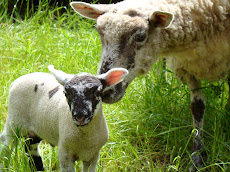
Our first presentation was last year, about this same time in August, to the CityMamas group. It was well received and this year we were asked by another group - The Green Team - if we would bring back the presentation for a larger group.
Today, myself and Courtney, gave our little chat. (The other two moms who contributed significantly to the presentation were unable to make it.) We covered freezing, jamming, pickling, dehydrating, smoking and pressure cooking in one hour. Wow, it makes my head spin. And actually we covered everything in about 45 minutes and had plenty of time for Q&A. Here is a link to the presentation if you want to see it https://docs.google.com/present/view?id=dc4fxhnd_18dng6pgdh&interval=10&autoStart=true
Good questions and our answers:
Q: How do you dry tomato seeds for planting next year.
A: Soak the seeds in water for a day or so to loosen the membranes. Then lay the seeds on a paper towel to dry completely. Put dry seeds in a plastic bag and store in fridge until next spring.
Q: What if you are watching how much salt you eat, but still want to pickle veggies.
A: Try sweet pickling. Sweet pickled beets and bread and butter pickles are wonderful and lower in salt. It's one of the great things about processing food at home - homemade canned goods almost always have less salt then store bought.
Q: How do you know if the jar is sealed?
A: The middle of the lid has a slightly raised area that is vacuumed down when sealed. If it is still raised after the jar is completely cooled, then it didn't seal. Put it in the fridge and eat it first.
Q: Pickled watermelon rinds? Really?
A: Absolutely!













No comments:
Post a Comment